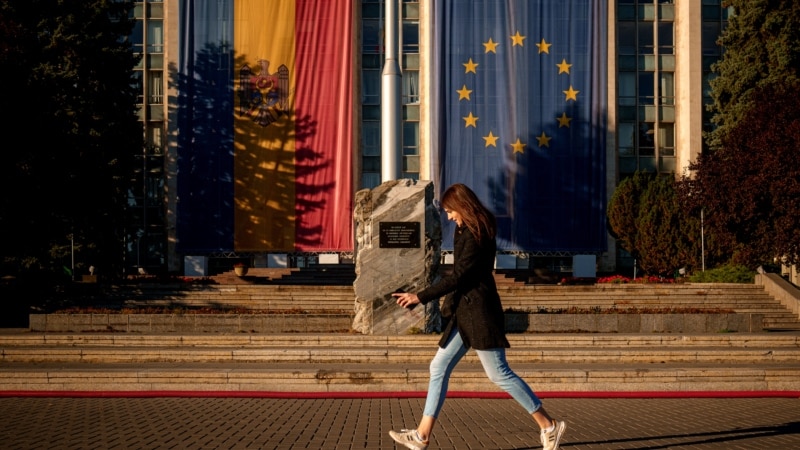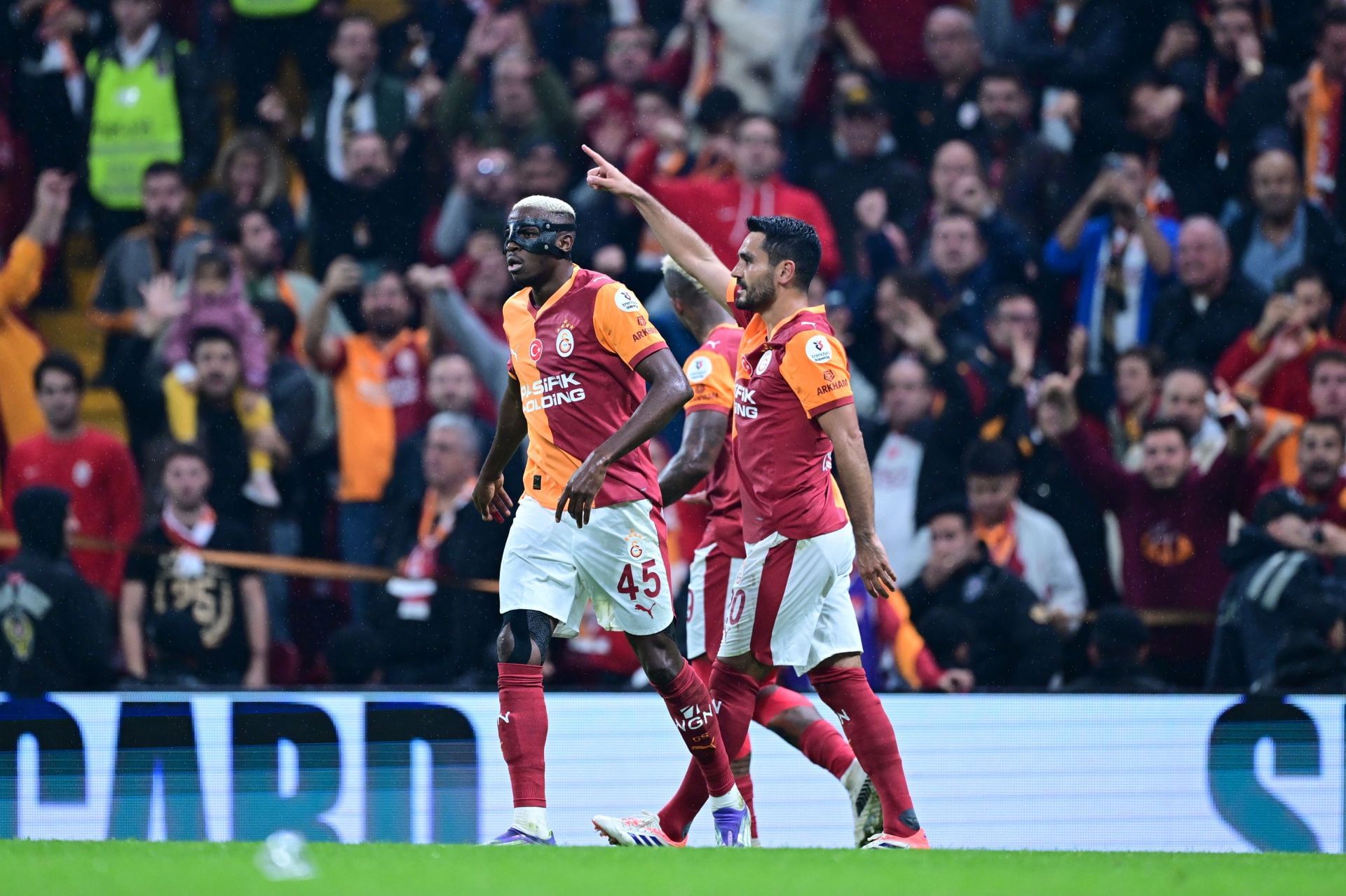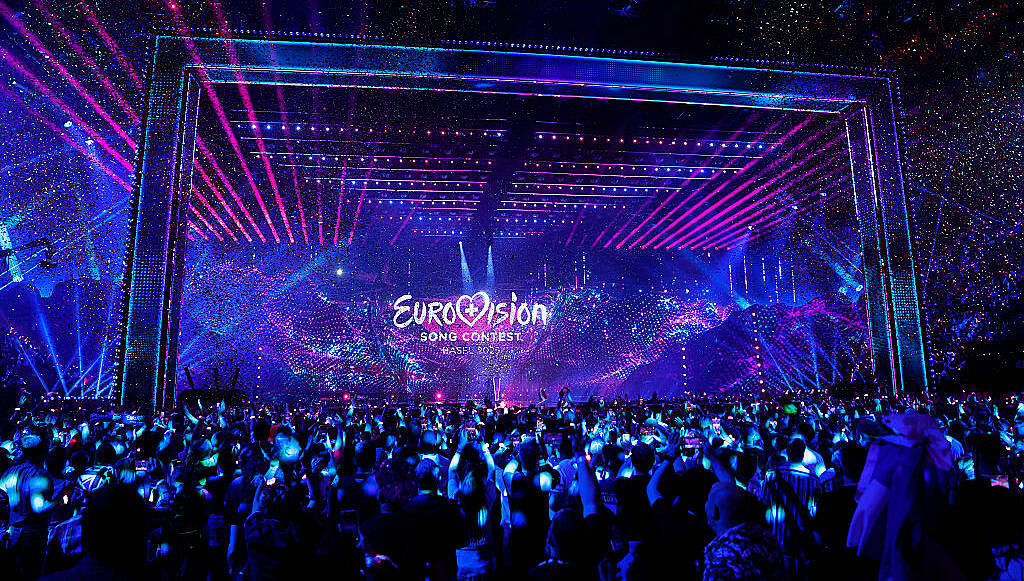**Moldovans Head to the Polls Facing Crucial Choice Between EU Integration and Russian Influence**
CHISINAU — Moldovans are heading to the polls in key parliamentary elections on September 28, faced with a defining choice: continue their path toward joining the European Union or veer toward closer ties with Russia amid widespread reports of Kremlin meddling.
Polls open at 7 a.m. local time in this impoverished country, which has a front-row seat to Russia’s ongoing war in neighboring Ukraine. Voting will close at 9 p.m., with results expected soon afterward.
The conflict — Europe’s largest and deadliest since World War II — has hit Moldova’s economy hard. Trade disruptions and soaring energy prices have triggered a sharp spike in inflation, adding to the population’s hardships.
### Kremlin’s Digital Influence Campaign
Meanwhile, the Kremlin’s online army has unleashed a torrent of disinformation. Using fake accounts and AI-generated networks, pro-Russian bots have flooded social media with narratives favoring Moscow and spreading unsubstantiated claims of electoral fraud.
“The Kremlin is trying to create such a tense situation in which it could manipulate public opinion or influence the results,” said Alexei Tulbure, former Moldovan ambassador to the United Nations and the Council of Europe, speaking to Current Time.
He added, “Moldova is an important ally of Ukraine. It is a crucial logistics hub for Ukraine. Can you imagine if a hostile state appeared on the western Ukrainian border? It would weaken Kyiv’s position. Even if there were no direct attacks from there, Ukraine would have to increase its military presence in the west to guarantee its security.”
### The Electoral Battle
The election pits President Maia Sandu’s ruling Action and Solidarity Party (PAS) against the Patriotic Electoral Bloc, an alliance of pro-Russian, Soviet-nostalgic parties.
Leading the Socialists is Igor Dodon, a former Moldovan president defeated by Sandu in 2020. Dodon has maintained close ties to Moscow and has labeled the current democratically elected government a “criminal regime.”
The Kremlin has repeatedly accused Moldova of “anti-Russian hysteria” while denying any interference in what Sandu has termed the “most consequential election” in Moldova’s history.
### Rising Tensions and Security Concerns
Heightening tensions, Moldovan police and prosecutors detained 74 people on September 22 on suspicion of preparing mass unrest. The group is reportedly linked to training received in Serbia—a key European ally of Russia—in destabilization tactics.
Investigators revealed that, between June and September, groups of Moldovans aged 19 to 45 traveled to Serbia, where Russian instructors trained them to break through police cordons, resist security forces, and use rubber batons, handcuffs, and firearms.
Some entered Serbia under the guise of pilgrimages to Orthodox churches but were recruited for training in exchange for 400 euros ($470) per trip.
In the days leading to the election, two pro-Russian parties — Heart of Moldova and Moldova Mare (Greater Moldova) — were excluded from participating in the vote. Moldova’s election authority imposed these restrictions after searches uncovered allegations of voter bribery, illegal party financing, and money laundering.
### International Support for Moldova’s European Path
EU Enlargement Commissioner Marta Kos praised Moldova’s government for its resilience, saying, “They are capable of fighting back the forces that want to see this country move away from the European path or to see the European Union fail.”
Moldova, one of Europe’s poorest countries, secured EU candidate status in 2022 and opened accession talks last year. Its firm alignment with Ukraine — following Russia’s unprovoked invasion in 2022 — and its adherence to EU sanctions against Moscow have defined this shift.
### Challenges Ahead: The Transdniester Issue
Moldova’s drive toward EU accession is complicated by the Moscow-backed breakaway region of Transdniester. Situated on the eastern bank of the Dniester River between Ukraine and Moldova, Transdniester has governed itself independently since a war erupted during the Soviet Union’s collapse in the early 1990s.
Russian troops remain stationed in the territory, which continues to receive Moscow’s backing, posing ongoing challenges to Moldova’s sovereignty and Euro-integration efforts.
—
As Moldovans cast their votes, the election’s outcome will have significant implications — not only for the country’s future direction but also for the wider geopolitical balance in Eastern Europe amid ongoing conflict and tension.
https://www.rferl.org/a/moldova-election-russian-disinformation-sandu-dodon/33542617.html



